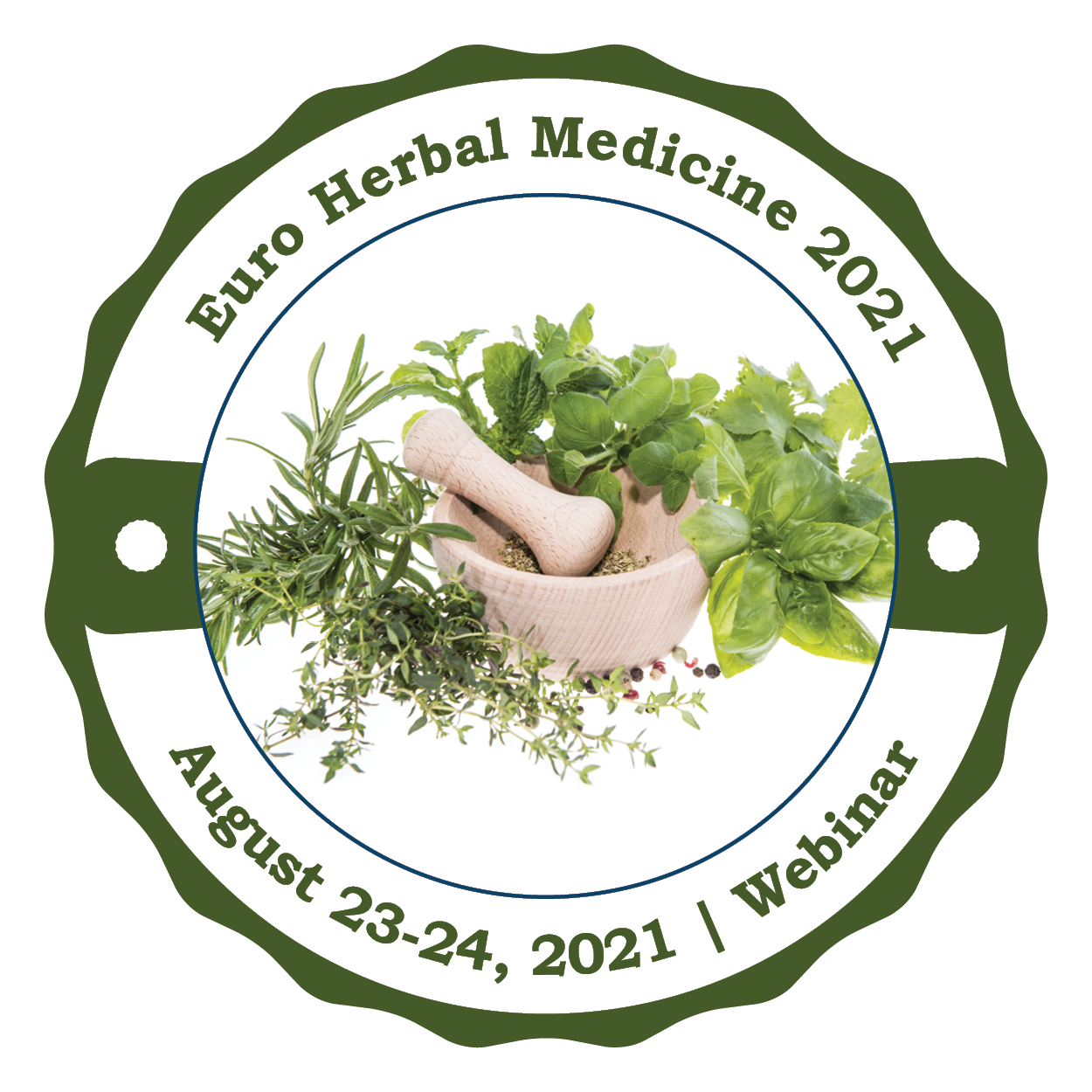
Mohammad Rabbani Khorasgani
University of Isfahan, IRAN
Title: E-BABE- HUMAN HEALTH IMPROVEMENT THROUGH LIFESTYLE MODIFICATIONS: FOCUS ON ISLAMIC LIFESTYLE
Biography
Biography: Mohammad Rabbani Khorasgani
Abstract
Lifestyle as the way or style used by people in their life in special time and place, includes behaviors and functions of individuals. Life style is influenced by specific geographical, economic, political, cultural and religious factors. Lifestyle affects different aspects of human life. WHO, has estimated that 60% of related factors to individual health and quality of life are correlated to life style. Life style management may be regarded as an effective and necessary action for human health promotion.
In this article, the effects of lifestyle management via beneficial use of Islamic texts on health improvement would be presented as the followings:
1. Influences of lifestyle on predisposition, development, exacerbation or prevention and control of human diseases.
Some of important diseases such as most cardiovascular diseases can be addressed by lifestyle-related risk factors such as unhealthy diet and obesity, physical inactivity, tobacco use, and harmful use of alcohol, and vice versus, some lifestyle-related factors such as: diet management, physical activity and good pattern of sleepiness and awaking may be beneficially effective in prevention and control of diseases.
2. Islamic lifestyle characteristics and their effects on human health
Islamic lifestyle affects different aspects of human body and soul. Some important characteristics of Islamic lifestyle with potential effect on human health are included:
2.1. The necessity of pay attention to spiritual and physical aspects of human together
2.2. Carefulness about human health and emphasis on pay attention to keep healthy and preventing harmful activities
2.3. Islamic nutrition style with emphasis on:
2.3.I. Exploitation of different sources (herbal and animal) for nutrition
2.3.2.” Halal” or permissible foods such as vegetables, fruits, meat of lamb, goat, beef, chicken and fish
2.3.3. Prohibition of potentially deleterious materials known as “Haram” substances eating such as alcoholic drinks, pork, carcasses meat, blood and filthy materials
2.3.4. Necessity of fasting during Ramadan
2.3.5. Necessity of carefulness about foodstuff usage and evaluation of the benefits and harms of potential foods
2.3.6. Forbidden of overeating and food extravagance
2.3.7. The emphasis on limitation of meat consumption to the amount of human requirement
2.3.8. Emphasis on beneficial and curative effects of some natural foods for human health
Some traditional foods as recommended foods in Islam, especially honey and foods with herbal origin such as dates and dairy products containing probiotics may be essential role in people health and longevity. Honey with antioxidant, anti-inflammatory, and antimicrobial activities expresses beneficial effects on human health. More studies are exploring other potential activities of honey such as its effect on blood sugar, body weight, lipid profile, C-reactive protein, nitric oxide, pro inflammatory prostaglandins, and homocysteine.
2.4. Insistence on: “prevention is better than cure”
2.5. Spiritual health strengthening with piety, abstinence “Taghva”, reliance on Allah, tolerance and hopefulness for the future
2.6. Islamic family lifestyle especially encouraging the marriage
2.7. Insistence on acquisition of health- related sciences and underlining that: “for any pain, there is a cure”
2.8. The emphasis on the importance of knowledge-based medicine and preventing the non-scientific intervention on human health
2.9. The religious beliefs and practices including some private and /or communications and multidisciplinary works with beneficial health effects
2.10. The necessity of pay attention to the rights of others
2.11. Islamic sex healthy lifestyle: Not unrestrained sexual activity, nor sexual asceticism but legal sexual activities that restricted to marriage, prohibition of unlawful and illicit relationships (adultery, pederasty and same-sex relationships), encouraging the chastity and forbidden of indecent behaviors, prohibition of alcoholic beverages and therefore prevention of uncontrolled behaviors, punishment for overt unlawful sexual relations and sex crimes
2.12. The properly time management between working, sleeping, spiritual duties and recreation and entertainment activities
2.13. Social lifestyle: Essential preparations to prevent people loneliness and social isolation such as: emphasis on marriage, religious and social duties: the care and support of parents and elderly people, visiting the sick, collective worship practices and etc
Conclusion
In-depth studies about “lifestyle and health” relationships with beneficial using of human experiences, cultural and religious teachings will be helpful for proper lifestyle modifications toward health improvement.

